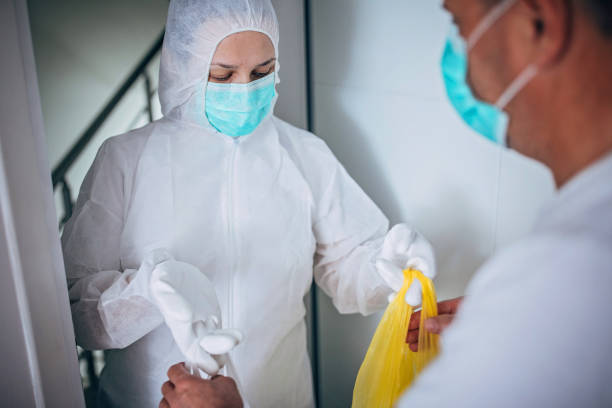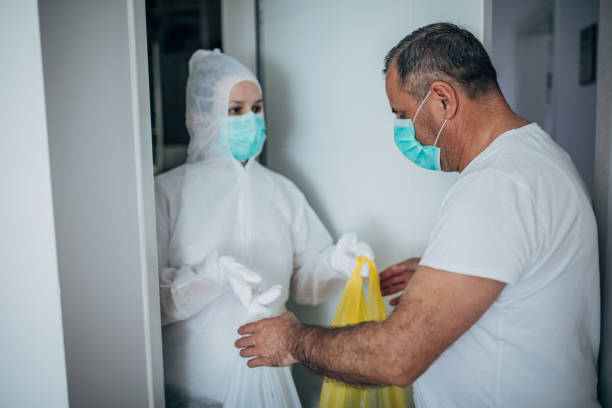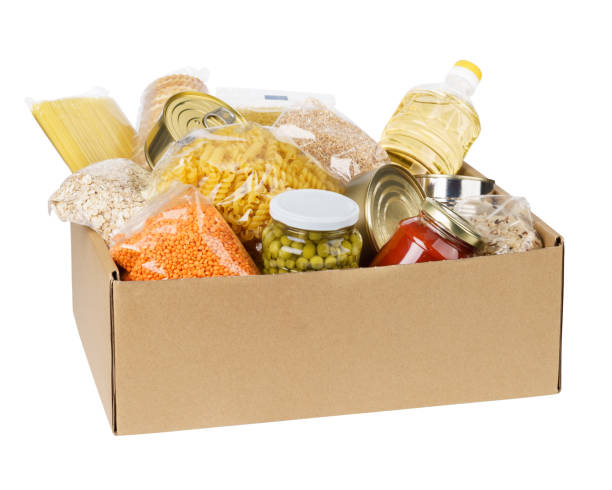Donate Diapers: Making a Difference in the Lives of Families in Need
In a world where basic necessities are often taken for granted, there are countless families struggling to provide even the most fundamental items for their children. One of the most overlooked yet critical needs for families with young children is diapers. The ability to donate diapers can significantly impact the well-being of these families, offering not just comfort and hygiene for the babies but also peace of mind for the parents. This article delves into the importance of diaper donations, how you can contribute, and the positive ripple effects of this simple yet powerful act of kindness.
The Importance of Diaper Donations
Diapers are essential for the health and well-being of infants and toddlers. They prevent infections, rashes, and other health complications that can arise from prolonged exposure to soiled diapers. For low-income families, the cost of diapers can be a significant burden. In the United States, it is estimated that a baby goes through about 2,500 to 3,000 diapers in their first year alone. For families already struggling to make ends meet, this can be an insurmountable expense.
Diaper need, the lack of a sufficient supply of diapers to keep an infant or toddler clean, dry, and healthy, is a widespread issue. According to the National Diaper Bank Network, one in three American families experiences diaper need. This issue is not limited to developing countries; it affects families in urban and rural areas across developed nations as well. Diaper banks and other charitable organizations play a crucial role in addressing this need, but they rely heavily on donations from individuals and businesses.
How Diaper Donations Help
When you donate diapers, you are providing more than just a product; you are offering relief and support to families in crisis. Diaper donations help alleviate financial stress, allowing parents to allocate their limited resources towards other essential needs like food, housing, and medical care. Moreover, clean diapers contribute to a child’s health and comfort, which in turn supports their development and well-being.
Diaper donations can also have broader societal benefits. When parents have access to an adequate supply of diapers, they are more likely to send their children to daycare, enabling them to work or pursue education. This can help lift families out of poverty and create a more stable and prosperous community. Additionally, reducing diaper need can decrease healthcare costs associated with diaper rash and other preventable conditions.
Where to Donate Diapers
There are numerous organizations dedicated to collecting and distributing diapers to families in need. Diaper banks, community centers, religious organizations, and shelters often run diaper drives and accept donations year-round. The National Diaper Bank Network, for example, has a network of over 200 diaper banks across the United States that distribute millions of diapers each year. Many of these organizations have convenient drop-off locations or offer pick-up services for larger donations.
In addition to physical diaper donations, many organizations also accept monetary donations. Financial contributions allow these organizations to purchase diapers in bulk at a lower cost, maximizing the impact of your donation. Some companies and brands also have programs in place to match diaper donations or provide grants to diaper banks, amplifying the effect of individual contributions.
How to Organize a Diaper Drive
If you are passionate about supporting families in need, organizing a diaper drive in your community is a fantastic way to get involved. Diaper drives can be held at schools, workplaces, churches, or community events. Here are some steps to help you get started:
- Partner with a Local Organization: Reach out to a local diaper bank or charity to coordinate your efforts. They can provide valuable information on the types of diapers needed and how to handle the logistics of collection and distribution.
- Set a Goal: Establish a clear goal for your diaper drive, such as collecting a certain number of diapers or raising a specific amount of money. This can help motivate participants and track progress.
- Promote Your Drive: Use social media, flyers, and word-of-mouth to spread the word about your diaper drive. Highlight the impact of diaper donations and encourage people to get involved.
- Collect and Deliver: Arrange for convenient drop-off locations and times for donations. Once the drive is complete, deliver the collected diapers to the partnering organization for distribution.
The Impact of Corporate Contributions
Businesses and corporations can play a significant role in supporting diaper donation efforts. By partnering with diaper banks and other charitable organizations, companies can help address diaper need on a larger scale. Corporate donations can include financial contributions, product donations, or employee volunteer programs.
Some companies have implemented workplace diaper drives, encouraging employees to donate diapers or money to support local diaper banks. Matching gift programs, where the company matches employee donations, can also amplify the impact of individual contributions. Additionally, businesses can sponsor community events or campaigns focused on raising awareness and collecting donations for diaper need.
Corporate social responsibility initiatives that focus on supporting families in need can enhance a company's reputation and foster a sense of pride and engagement among employees. By contributing to diaper donation efforts, businesses can make a meaningful difference in their communities and beyond.
The Power of Individual Contributions
Every diaper donation, no matter how small, makes a difference. Individuals who donate diapers are providing tangible support to families in need, helping to ensure that their children remain healthy and comfortable. Even a single package of diapers can offer significant relief to a family struggling to make ends meet.
In addition to donating diapers, individuals can also contribute by raising awareness about diaper need. Sharing information on social media, talking to friends and family, and participating in community events can help bring attention to this critical issue. Advocacy efforts, such as contacting local representatives to support policies that address diaper need, can also create lasting change.
Volunteering at local diaper banks or organizing diaper drives are other ways individuals can get involved. These efforts not only provide much-needed resources but also help build a sense of community and solidarity with families in need.
The Global Perspective on Diaper Need
While diaper need is a significant issue in developed countries, it is even more pronounced in developing nations. Lack of access to clean diapers can lead to severe health problems for infants and toddlers, including infections, malnutrition, and increased infant mortality rates. Addressing diaper need globally requires a multifaceted approach, including improving access to affordable diapers, promoting hygiene education, and supporting local manufacturing and distribution efforts.
International organizations, such as UNICEF and Save the Children, work to address diaper need as part of their broader maternal and child health programs. These organizations often collaborate with local partners to provide diapers, education, and support to families in need. Donations to these international efforts can help improve the lives of children and families around the world.
Conclusion
Donating diapers is a simple yet impactful way to support families in need and promote the health and well-being of infants and toddlers. By contributing to diaper banks and other charitable organizations, individuals and businesses can help alleviate diaper need and create positive ripple effects in their communities. Whether through physical diaper donations, monetary contributions, or organizing diaper drives, every effort makes a difference. As we work together to address this critical issue, we can ensure that all children have the opportunity to grow up healthy, happy, and thriving.




